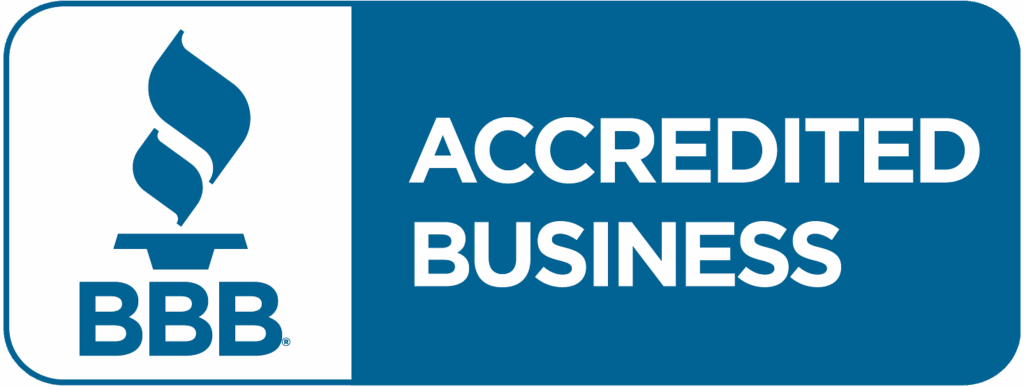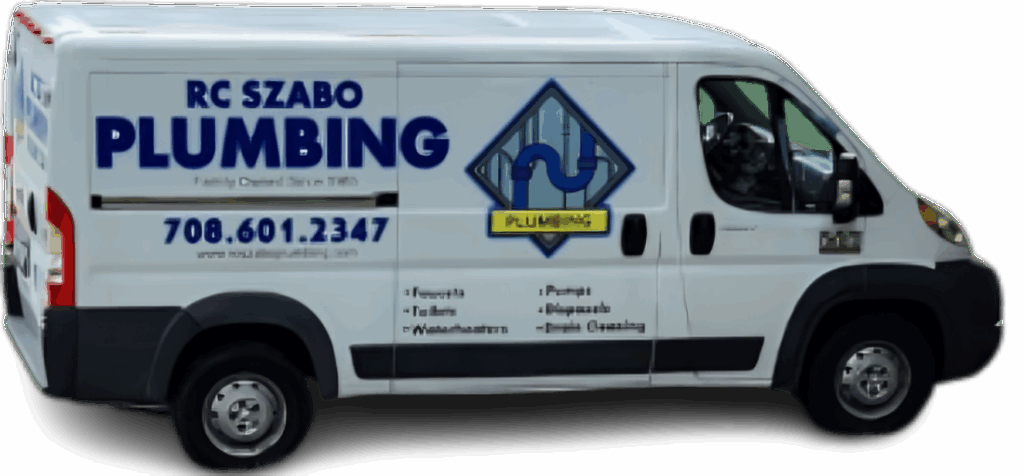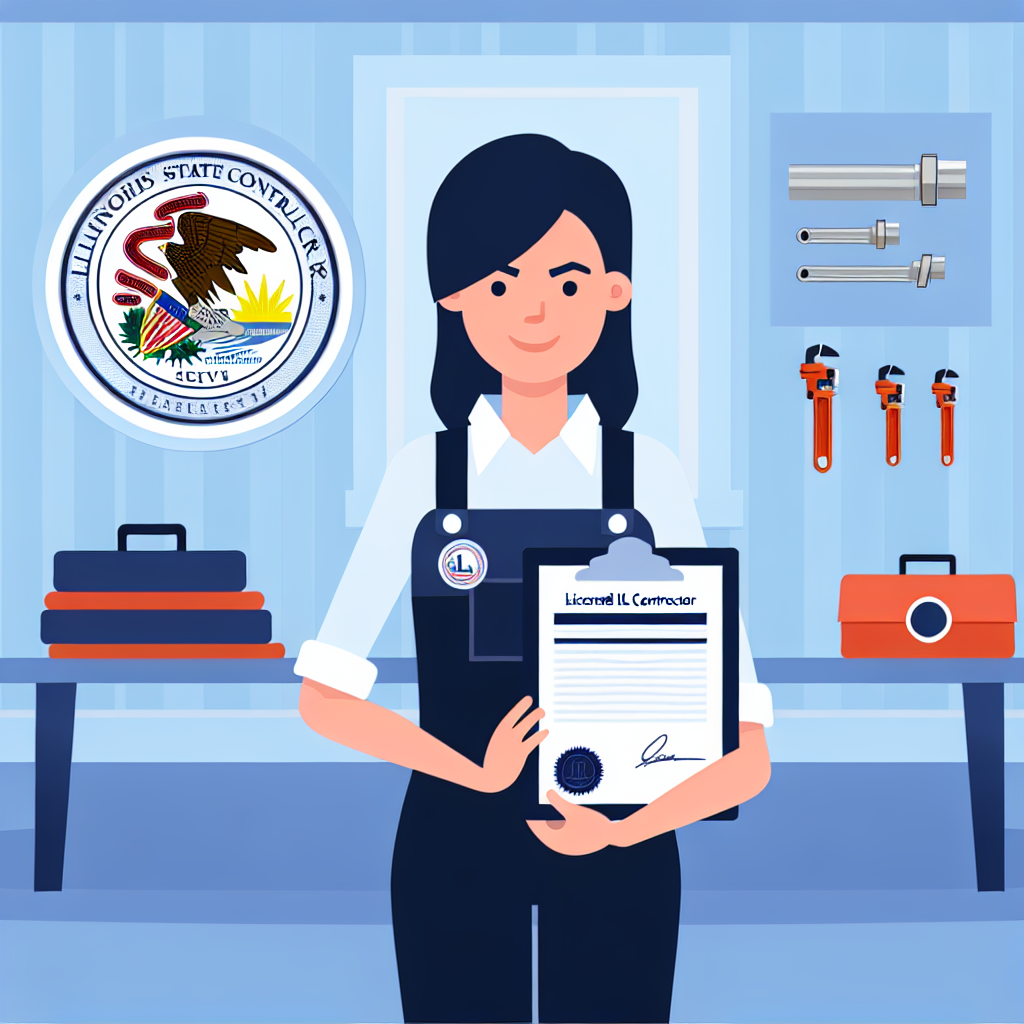Everything Illinois Plumbers Need to Know About Licensing and Certification
If you’re a plumber, apprentice, or plumbing contractor working in the state of Illinois, proper licensing isn’t just about staying legal—it’s about building a professional, credible, and safe business. Understanding the licensing and certification requirements can feel overwhelming, especially with ever-changing regulations and renewals. But staying compliant protects both you and your customers while also elevating the plumbing profession as a whole.
In this comprehensive blog post, we’ll detail everything Illinois plumbers need to know to get licensed, stay certified, and grow their business while remaining compliant with Illinois Department of Public Health (IDPH) guidelines.
Whether you’re a first-year apprentice or a seasoned contractor, mastering the licensing process is crucial for your career.
Why Plumbing Licensing Matters in Illinois
The Illinois Department of Public Health (IDPH) strictly regulates the plumbing industry, and for good reason. Water systems are directly tied to public health. Ill-fitted pipes, sewage line flaws, or improper backflow prevention systems can lead to serious health risks. That’s why Illinois requires every plumber—from apprentices to seasoned contractors—to meet specific training, examination, and renewal criteria.
Licensing protects you, as a plumbing professional, from fines and legal troubles, while also giving customers confidence in your expertise. In fact, many residential and commercial projects won’t even accept bids from unlicensed professionals, putting your business at risk if you’re not compliant.
Types of Plumbing Licenses in Illinois
Here’s an overview of the three main licenses for plumbers in Illinois, each with its own qualifications, responsibilities, and application process:
1. Apprentice Plumber License
An Apprentice Plumber License is required for individuals learning the trade under the supervision of a licensed plumber.
Requirements:
- Must be at least 16 years old
- Must be employed by a licensed plumbing contractor
- Must be enrolled in an IDPH-approved apprenticeship program
- License must be renewed annually
- Limited to 6 years of apprentice licensing before testing for journeyman status
2. Licensed Plumber (Journeyman)
Once you’ve completed your apprenticeship and passed the licensing exam, you become eligible for a Journeyman Plumber License in Illinois.
Requirements:
- Completion of a 4-5-year registered plumbing apprenticeship
- Successfully pass the Illinois Plumbing Licensing Exam
- Submit license application with associated fees to IDPH
- Renew license every year; proof of continuing education required
Journeymen are allowed to work independently on most projects, but cannot operate their own business unless licensed as a plumbing contractor.
3. Plumbing Contractor License
A Plumbing Contractor License is issued to experienced journeymen who want to operate their own business and employ other plumbers.
Requirements:
- Must already hold a valid Illinois Plumbing License (Journeyman)
- Proof of business formation and registration
- Proof of insurance (general liability and workers’ comp)
- Completed application submitted to IDPH
- Annual renewal with required continuing education
Note: The Illinois Plumbing Code specifies that advertising, offering plumbing services, or submitting bids without a plumbing contractor license may result in fines or license revocation.
For full requirements and applications, visit the IDPH Plumbing Licensure Page.
Application, Exam, and Renewal Process
Properly navigating the initial application and license renewal process is essential to staying in compliance with state regulations.
Application Process
To apply for any plumbing license in Illinois, the following documents and steps are typically required:
- Completed application form from the Illinois Department of Public Health website
- Proof of age and identity
- Education or apprenticeship verification
- Payment of non-refundable application fee
- For contractors: business registration and insurance certification
Examination
For Journeyman Plumbers and Contractors, you must pass the state plumbing exam, which includes:
- Written portion covering the Illinois Plumbing Code, mathematics, and system design
- Practical portion assessing your hands-on ability to install and troubleshoot plumbing systems
Applicants are notified by mail of their exam date after application acceptance.
Tip: The IDPH only offers the plumbing exam a few times each year, so plan accordingly.
Renewal Requirements
Once licensed, plumbers in Illinois must renew their licenses annually by:
- Submitting the renewal application
- Paying the renewal fee (typically around $100)
- Providing proof of completion of continuing education (for journeyman and contractors)
The renewal deadline is typically May 1 each year. Failure to renew promptly can lead to penalty fees or even license suspension.
Continuing Education for Plumbers in Illinois
Education doesn’t end after your license exam. To maintain your license, Illinois requires regular continuing education to ensure that all plumbing professionals stay up to date with the latest technologies, material safety protocols, and the Illinois Plumbing Code.
Continuing Education Requirements
- Licensed Plumbers (Journeymen): 4 hours of IDPH-approved continuing education annually
- Plumbing Contractors: Must ensure all employees meet continuing education; some may be subject to additional business operation courses
Some classrooms may be offered in person or online, and coursework must be pre-approved by IDPH to be eligible.
You can find a list of approved continuing education programs on the IDPH website or through plumbing trade associations like the Illinois Plumbing Inspectors Association (IPIA) or the Illinois Association of Plumbing-Heating-Cooling Contractors (ILPHCC).
Penalties for Operating Without a License
The IDPH has strong enforcement policies against individuals or businesses operating without the necessary plumbing license.
Legal and Financial Consequences May Include:
- Cease-and-desist orders from the IDPH
- Fines of up to $5,000 per violation
- Criminal charges in extreme cases
- Disqualification from bidding on future commercial or government contracts
- Permanent mark on your professional record
- Lawsuits from dissatisfied customers or insurance companies
In addition, unlicensed plumbing contractors are often held liable for damages or injuries resulting from their work, putting your entire business and personal finances at risk.
Bottom line: Don’t cut corners. Operating without a valid Illinois plumbing license isn’t worth the risk.
How Licensing Protects You and Your Customers
Plumbing licensing isn’t just a bureaucratic necessity—it instills trust, safety, and professionalism into every job.
Benefits for Plumbing Contractors and Journeymen:
- Validates your expertise and training
- Legally protects your business operations
- Opens doors to higher-value contracts
- Increases trust among homeowners and commercial clients
- Provides ongoing educational opportunities for career growth
Benefits for Homeowners and Clients:
- Assures work complies with Illinois Plumbing Code
- Reduces risk of leaks, contamination or equipment failure
- Gives them access to insurance coverage in the event of damages
- Ensures accountability for workmanship
In today’s competitive marketplace, professional licensing sets you apart from hobbyists or underqualified freelancers. It’s an investment worth making.
Quick Reference: Steps to Becoming a Licensed Plumber in Illinois
Here’s a step-by-step bulleted list for plumbers beginning their career in Illinois:
- ✅ Be at least 16 years old to register as an apprentice
- ✅ Enroll in an IDPH-approved apprenticeship program
- ✅ Work under a licensed plumbing contractor
- ✅ Pass the Illinois Plumber’s Licensing Exam (after 4–6 years of apprenticeship)
- ✅ Submit all IDPH forms and fees on time
- ✅ Maintain good standing by renewing your license annually
- ✅ Complete 4+ hours of approved continuing education each year
- ✅ Apply for Contractor License if running your own business (additional requirements apply)
- ✅ Stay up to date with all IDPH plumbing code revisions
For more details, forms, and updates, visit:
👉 IDPH Plumbing Licensing Website
Stay Compliant and Connected
Licensing, certification, and education form the backbone of a thriving plumbing business in Illinois. If you’re feeling overwhelmed or unsure about the next step, don’t go it alone. Get involved with industry associations, local union chapters, or mentorship programs to stay on track.
Recommended Associations:
- Illinois Plumbing-Heating-Cooling Contractors Association (ILPHCC): 🍎 ILPHCC Website
- Illinois Plumbing Inspectors Association (IPIA): 🍎 IPIA Website
Whether you’re just starting out as an apprentice or thinking of launching your own contractor business, the path to success begins with compliance and education.
Final Thoughts: Respect the License. Protect Your Business.
In Illinois, being a licensed plumber isn’t just a badge—it’s a responsibility. Your license represents professionalism, legal operation, and the skills to keep water clean and systems functioning safely.
Failing to follow the IDPH plumber rules can result in harsh penalties, lost revenue, and damage to your reputation. But staying current on your license and continuing education keeps your business protected and competitive.
So don’t leave your career—or your clients—to chance.
Stay licensed. Stay trusted. Grow your reputation the right way.
For assistance with licensing, training resources, or to connect with a mentor:
📞 Call our team: (312) 555-PLMB
📱 Follow us on social media:
🔧 Facebook: @IllinoisProPlumbers
🔧 Instagram: @ILPlumberPros
🔧 LinkedIn: @IllinoisPlumbingNetwork
Let’s build better pipelines—starting with your future.




